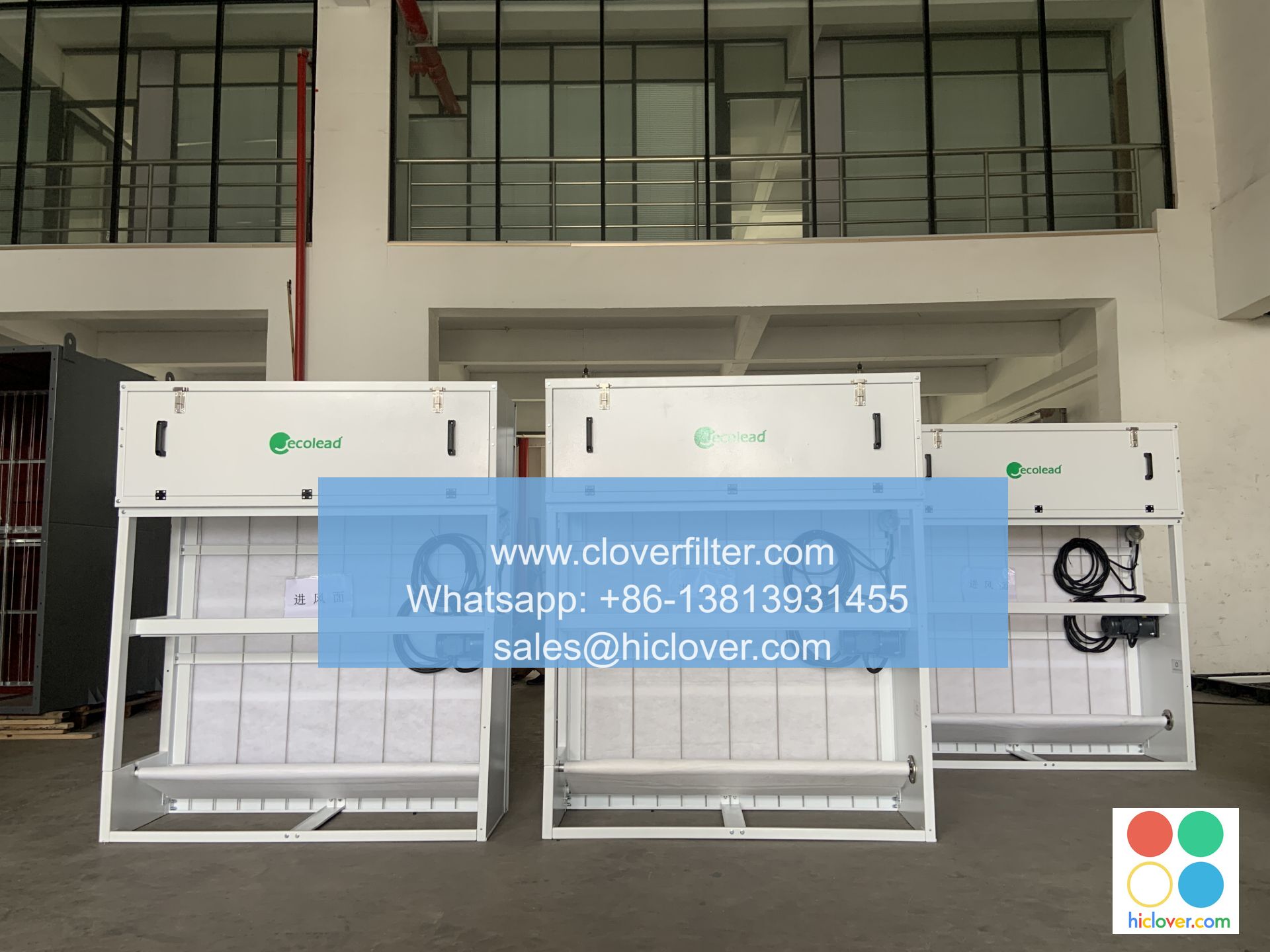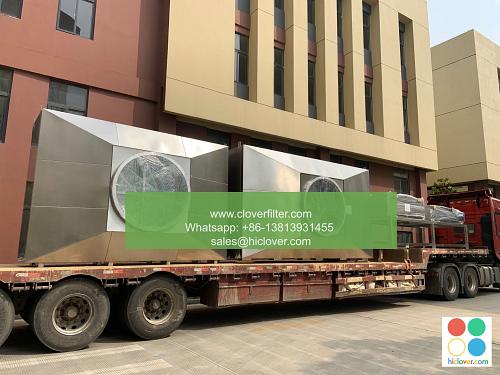The Benefits of Using Air Purifiers with HEPA Filters in Medical Settings

Air purifiers with High Efficiency Particulate Air (HEPA) filters have become an essential tool in medical settings, providing a wide range of benefits for patients, staff, and the overall healthcare environment. In this article, we will explore the advantages of using air purifiers with HEPA filters in hospitals, clinics, and other medical facilities, highlighting their application in infection control, indoor air quality improvement, and patient care.
Reducing Infection Rates with HEPA Filter Technology
One of the primary benefits of using air purifiers with HEPA filters in medical settings is their ability to reduce infection rates. HEPA filters are designed to capture 99.97% of particles as small as 0.3 microns, including bacteria, viruses, and other airborne pathogens. By removing these contaminants from the air, air purifiers with HEPA filters can help prevent the spread of hospital-acquired infections (HAIs) and create a safer environment for patients.
Improving Indoor Air Quality in Medical Facilities
Air purifiers with HEPA filters can also play a crucial role in improving indoor air quality in medical facilities. By removing airborne pollutants such as dust, pollen, and other particulate matter, these devices can help reduce asthma and allergy symptoms in patients and staff. Additionally, HEPA filters can help eliminate unpleasant odors and gases that can be present in medical settings, creating a more comfortable and pleasant environment for everyone.
Application Areas for Air Purifiers with HEPA Filters
Air purifiers with HEPA filters have a wide range of applications in medical settings, including:
* Operating rooms: to reduce the risk of infection and improve air quality during surgical procedures
* Patient rooms: to create a safe and comfortable environment for patients, particularly those with compromised immune systems
* ICUs and isolation units: to prevent the spread of airborne pathogens and protect vulnerable patients
* Emergency departments: to reduce the risk of infection and improve air quality in high-traffic areas
* Medical offices and clinics: to improve indoor air quality and reduce the risk of infection in outpatient settings
Key Features to Look for in Air Purifiers with HEPA Filters
When selecting an air purifier with a HEPA filter for use in a medical setting, there are several key features to look for, including:
* True HEPA filtration: to ensure that the filter can capture 99.97% of particles as small as 0.3 microns
* High CADR (clean air delivery rate): to ensure that the device can effectively purify the air in a given space
* Low noise level: to minimize distractions and create a comfortable environment for patients and staff
* Ease of maintenance: to ensure that the device can be easily cleaned and maintained to optimize its performance
Conclusion
In conclusion, air purifiers with HEPA filters are a valuable tool in medical settings, providing a wide range of benefits for patients, staff, and the overall healthcare environment. By reducing infection rates, improving indoor air quality, and creating a safe and comfortable environment for patients, these devices can play a critical role in infection control, patient care, and indoor air quality improvement. By understanding the benefits and applications of air purifiers with HEPA filters, healthcare professionals can make informed decisions about how to use these devices to improve outcomes and create a healthier environment for everyone.
It seems like you’re looking for a prompt to get started. What kind of prompt are you interested in? Would you like something related to:
- Creative Writing (e.g., short story, poem, character development)?
- Conversation Starters (e.g., topics for discussion, debate, or simply to explore an interesting subject)?
- Brain Teasers or Puzzles (e.g., logic puzzles, riddles, or brain teasers)?
- Learning or Educational Content (e.g., science, history, language learning)?
- Humor or Entertainment (e.g., jokes, fun facts, or recommendations for movies/TV shows/books)?
Let me know which direction you’re leaning, or if you have something entirely different in mind!

